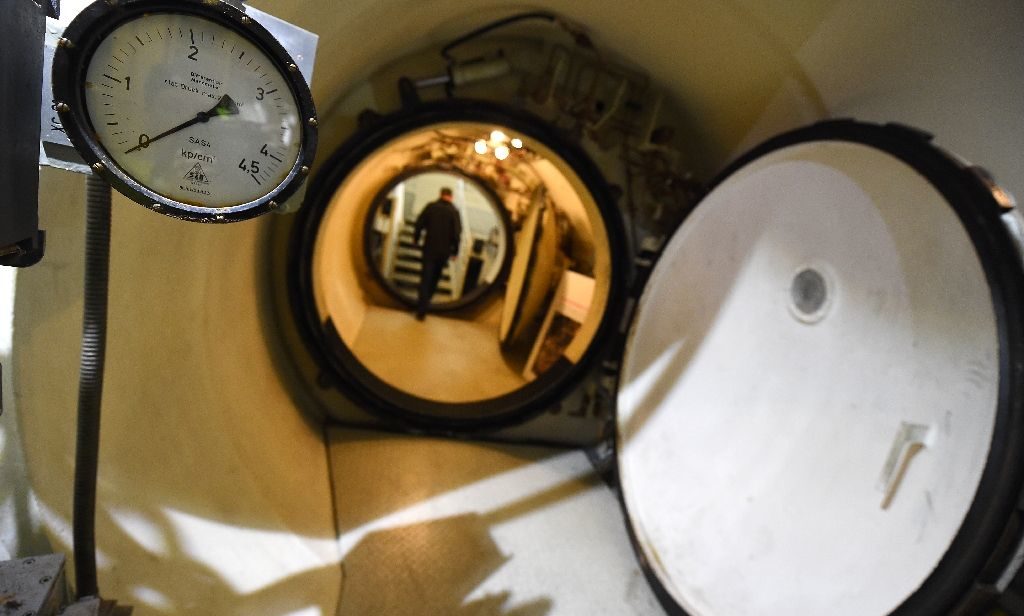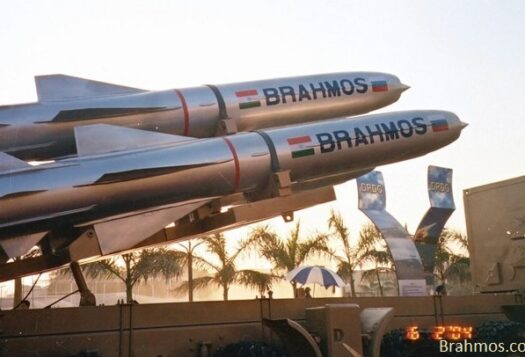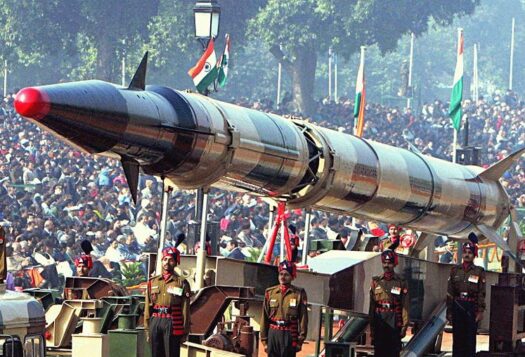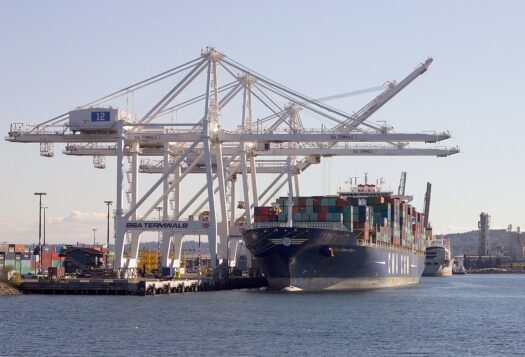
International contemplation and debate are revolving around the expansion of the NSG quantitatively – for which two broad methods have been projected: i.e., either a Criteria – Based Approach or a Country – Specific Approach. While arguing about the NSG’s expansion, it is essential to point out the chief rationale of the NSG – which is to keep reviewing its list that covers nuclear-specific and dual-use goods. In this regard, in the conclusion of the last year’s meeting held in Seattle, US Deputy Energy Secretary Daniel Poneman, the 2012-2013 NSG chairman, declared that completion of the NSG review was his highest priority. Subsequently, Veronika Kuchyňová Šmigolová, head of the Czech permanent mission to international organizations in Vienna and the chair of the NSG, said that the lists “are not static”, and must keep up with “the main security challenges, advances in technology and market trends.” But, even after the annual meeting none of the concrete steps have been taken on board.
The NSG was in fact a body set up specifically to restrict the diversion of nuclear material from civilian trade for military purposes. The clandestine diversion of nuclear material and equipment for the so-called Peaceful Explosion of 1974 was the prime reason behind the creation of the NSG 40 years ago. It is an open secret that the breach of international agreements with Canada (i.e., diverted plutonium from the Canadian-Indian Reactor, US (CIRUS) reactor provided solely for peaceful purposes) instigated the South Asian regional nuclear arms race.
Although the group is not a formal organization and its guidelines are not binding, its members are expected to incorporate the guidelines into their national export control laws. Ironically, it does not mean that any country-specific diversion or waiver would become legal under the guidelines of the NSG.
Undoubtedly, in order to step forward and improve the global non-proliferation goals, putting new members in the NSG would be an encouraging and constructive option. Along with, it would be equally vital to uphold the efficacy and effectiveness of the NSG. Therefore, the expansion should be carried out on non-discriminatory basis — by taking on the Criteria-Based Approach. The recent meeting of June 26-27 in Buenos Aires called fordiscussion on the NSG’s relationship with India. In this regard, on June 22, 2014 in Argentina, India has ratified its Additional Protocol with the International Atomic Energy Agency (IAEA) to expand oversight over its civilian nuclear program. This protocol was approved back in 2009 and paved the way for the NSG to grant an India-specific waiver for it to have commercial relations with other countries in the civilian atomic field. In effect, the waiver was necessary as India, despite being a nuclear-armed state, is not a signatory to the NPT and thus does not qualify for nuclear trade. But even then, the United States labeled this ratified protocol as another “important step in bringing India into the international non-proliferation mainstream”.
Nevertheless, some specialists questioned the move’s importance, as it would not affect India’s nuclear weapons program and sensitive atomic fuel activities, for sure. In this perspective, there is a misperception that this agreement would pave a way for Indian membership into the NSG even though the Narendra Modi government signaled continuity in implementing the India-US nuclear deal. Nevertheless, the fact that needs to be taken into account here is that India has yet to formally apply for joining the NSG – for which it would need support from all member states as NSG decisions are consensus-based.
Besides, to keep its reliability on board, the NSG should decide on a non-discriminatory approach: a criteria-based approach in which Pakistan and India both qualify equally as both countries abide by the unilateral moratorium on its nuclear facilities, and both states have shown a better proliferation record from the past five years (although both states are non-NPT NWS states). According to the NTI Nuclear Materials Security Index 2014, “Pakistan’s score increased by three points compared to 2012, putting it in the top ten most improved countries and making it the most improved nuclear-armed state in the NTI Index,” even though Pakistan ranks 22/25 while India ranks at 23 and China at 20.
On the other hand, if the West – merely to gain economic benefits from Asia’s third-largest economy, India – finds a slot only for New Delhi in the NSG club, then there would be a disaster for the NSG’s credibility, particularly given the irony of adding a member whose action was the very impetus for the organization’s establishment. Since the NSG has a pivotal role in countering nuclear threats and proliferation, if only India is taken up into the club it could erode the credibility of the NPT (a 189-nation treaty set up four decades ago to prevent states from acquiring nuclear weapons), a cornerstone of global nuclear disarmament efforts.
For India, NSG membership could boost its international standing as a responsible atomic power and also give it greater influence on issues related to global nuclear trade, as many countries are already in line with similar kinds of deals since 2008. However, the country would be the only member of the body that has not signed up to the NPT; signaling a discriminatory act towards Pakistan. Since NSG decisions are made by consensus, India could stand against any civilian trade with Pakistan. As a result, this could lead to a regional nuclear arms race as India is and would remain out of the NPT and would neither sign the CTBT or FMCT, nor go for the Nuclear Weapons Free Zone.
Summing-up, a criteria basedapproach could really help the NSG to universalize the regime application. Nevertheless, the NSG would only stay behind as an ‘illegitimate cartel of industrialized countries’ if it opts for a country-based approach instead of adopting a non-biased, criteria-based approach for expansion of member states.
***
Image: Joe Klamar-AFP, Getty


